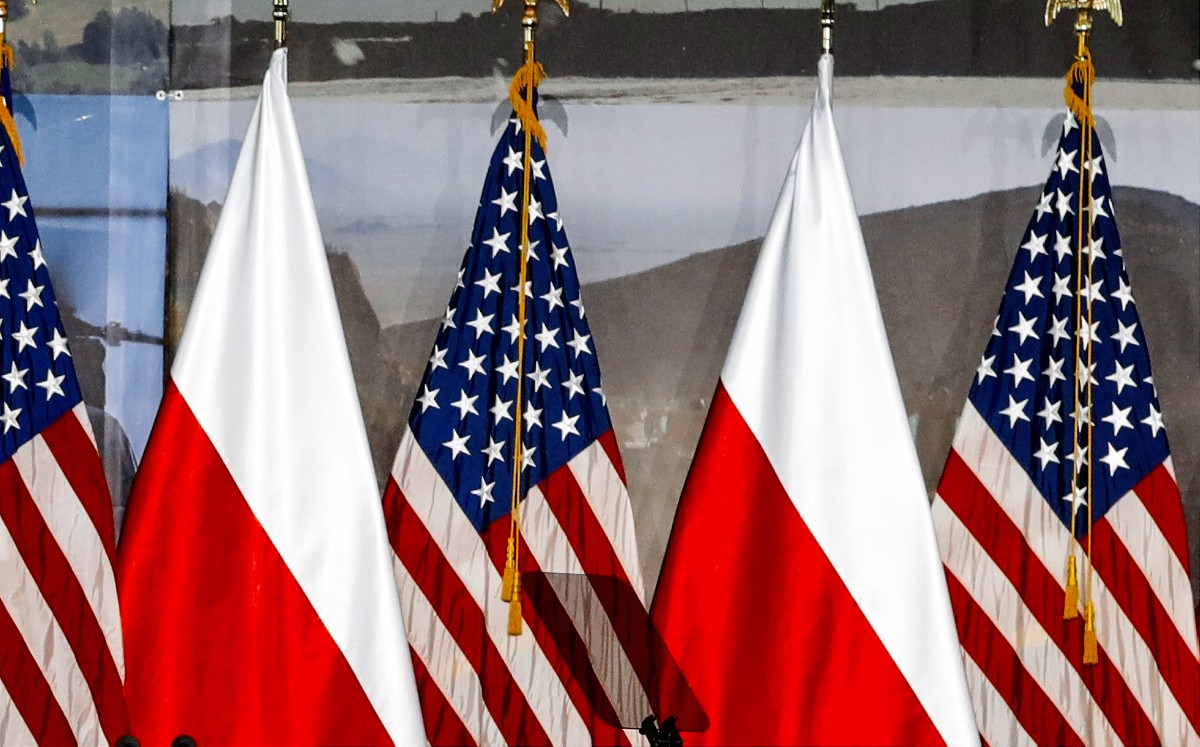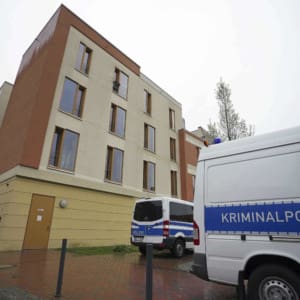Head of the International Policy Bureau in the President’s Chancellery Jakub Kumoch published a response to the letter by American senators to president Andrzej Duda concerning the Holocaust restitution law amendment.
The senators asked the Polish president to veto the amendment to the Administrative Procedure Codex (KPA). They argued that accepting the new bill would increase obstacles which make it impossible for Holocaust victims and their families to apply for restitution and compensation of property taken away from them by Nazi Germany and the communist regime in Poland.
“The final shape of the amendment will be decided in the parliamentary process. President Duda will make his decision after that process has been completed,” Kumoch wrote in his statement, which was also posted on social media.
He emphasized that “President Duda’s possible signing of the bill will be guided by the highest interest of the Republic of Poland and its citizens in mind.”
Kumoch noted that the draft bill is an execution of the ruling of the Constitutional Tribunal, which was published prior to Andrzej Duda becoming president. The proposed amendment entails the introduction of a 30-year time limit on questioning the decision to take away property in administrative procedures.
The minister said with assurance that persons stripped of their property by communist authorities will still be able to apply for compensation via civil lawsuits.
Kumoch believes that a lack of time limits would lead to legal chaos. He added that hitherto experiences with re-privatization of property were filled with corruption and fraud and have led to unjust actions including the eviction of 40,000-55,000 people and their property being taken over by crime groups.
The minister stressed that Poland has a special role as a defender and guarantor of Holocaust memory and is fulfilling its roles by undertaking several initiatives meant to care for historic places and sites associated with the tragedy. He listed the Auschwitz Museum, POLIN Museum of the History of Polish Jews, and the in-construction Warsaw Ghetto Museum.
“I can also assure you that Jewish societies are steadily regaining their lost property,” he stated.
Kumoch added that Polish-Jewish relations were “close” to the president’s heart and that Duda regularly meets with representatives of US Jewish organizations.
In July, the Polish senate accepted the draft bill of the amendment but included some corrections partially responding to the criticism from the United States and Israel. These corrections concerned permission for concluding ongoing re-privatization lawsuits and extending the vacatio legis to 3 months.






